Every now and again, some people might call in sick to work when they might not be technically sick.
Instead, they are just feeling overwhelmed, tired, anxious, or many other things and just need a day to collect their thoughts.
A "mental health day," if you will.
But should we have to lie about their mental health being the reason they aren't coming to work?
No doubt, they likely aren't honest about it for fear their bosses might not consider it a valid excuse, but should bosses and managers be more sympathetic and understanding?
Redditor WaterButFuzzy was curious to hear where the Reddit community fell in this argument, leading them to ask:
"Is mental health issues a valid reason to call in sick to work? Why or why not?"
Sick Days Can Be Used However People So Chose
"If you got sick days, use em for whatever, who cares why."- Chance-Ad4773
"I use sick days, and even vacation days, for mental health."
"How are you going to perform to the best of your ability, if you're not your best?" - _bakedgouda
"Just call in sick, it's nobodies business what your illness is." - Bierculles
An Illness Is An Illness, Plain And Simple
"In my opinion, absolutely."
"Mental health is as important as physical health."- Defiant63
"Illness is both physical & mental, which you can argue mental is also physical considering it’s regarding your brain."
"Big difference between: 'I don’t feel like going to work' and 'I can’t perform my professional obligations and need rest'."- patlaff91
Yes. No Questions Asked.
"It's valid, sure."
'Whether your employer agrees is another subject."- brock_lee
Progress Needs To Be Made
"I would argue mental health is as important to take care of than physical health."
"But I would probably not tell them it’s mental sh*t just because we aren’t there as a society yet that recognizes taking care of one’s mental health."
"We are getting there but not quite."- ironicallyunstable
Valid, But Complicated
"Absolutely."
"However, mental health does carry a stigma, and if your higher-ups sense you might be a 'head case' or something, you may be passed over for promotions and stuff for people they deem more 'mentally stable' or whatever the f*ck."
"But most jobs cannot ask you the details on your health."
"So you can just call out 'sick', and don't disclose that it's mental in nature."
"If you have a job that requires proof of illness?"
"Might be time to look for a new job, yikes!"- daithisfw
"It is a valid reason but beware that not all people take mental health seriously and calling in because of it can lead to some people to start treating you differently, whether that be in a good way or a bad way in comparison to how you were treated before."
"Some employers may even cut your hours because of this as well, because in their eyes you just didn't want to work."-SeniorConfusion6698
Yes, But Plan Accordingly
"Some thoughts from a guy who has managed a lot of people."
"From a practical perspective what's 'valid' in the workplace has much to do with your relationships with co-workers and managers."
"A person who is generally productive and has good relationships will get a lot more leeway on things like mental health days than someone who's not productive and engages in conflict."
"You'll have lot more support from colleagues when you're going through tough times if you spend time, in advance, cultivating good relationships and a good reputation."
"Be honest with yourself on whether your choice of careers aligns with the degree of stress (both professional and personal) you're able to handle."
"I've known a lot of people who've chosen careers paths that are inherently more stressful and hectic than they're able to handle or don't align well with their personal responsibilities."
"Be honest with yourself on whether you're truly cut out for working in a given field, or at a given company, in a given role, or for a given person."
"Of course, many people don't have a choice on what job that they do, but if you do, try to find one that aligns with your own personal comfort level."
"Keep your expectations balanced."
"You absolutely do have the right to expect reasonable accommodations for your mental health and stress levels at work."
"The flip side of that is that your employer does have the right to expect that certain roles are filled by people who have the capacity to put up with a degree of consistent stress."
"If you attend too little to your mental health you'll burn out and your career will stall."
"However, if you can't manage yourself through a certain amount of stressful situations, your career will likely stall too."- JohanB3
It's Not The Why That Matters, But The How Much
"I never gave a sh*t why someone called in sick."
"It only ever became an issue if they were out of sick time."
"And if they were did the event qualify for FMLA."
"Was quite a headache during COVID, admittedly."
"As some people never got it and some people had it multiple times."
"We were making exceptions for some people while still being more demanding than usual of others."
"What a mess that was."
"But still didn't want to fire someone because they or their family had COVID so they missed work."- thedankbank1021
If people find themselves in a headspace where they know they won't be able to get any work done, it won't be to anyone's advantage for them to come to work.
Something they might want to consider, however, is maybe it's the job itself which is taking a toll on their mental health.
And it's not a day off they need, but should instead be handing in their resignation?



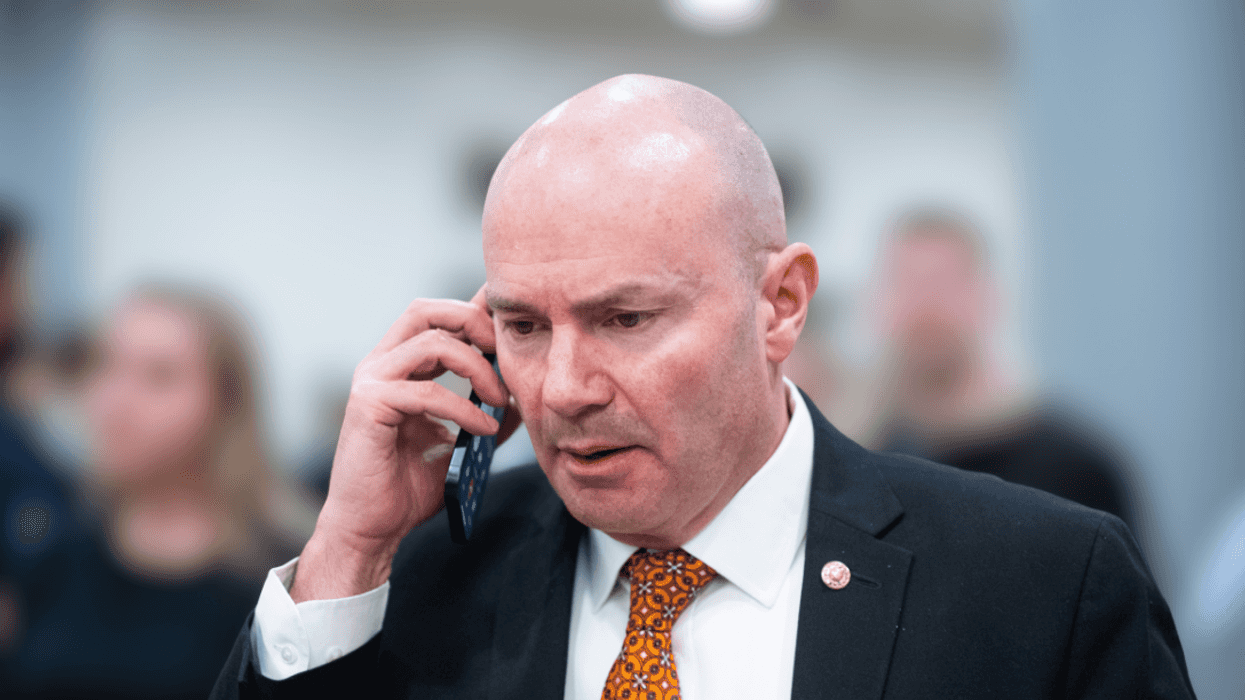




 reply to @milano_alyssa/Instagram
reply to @milano_alyssa/Instagram reply to @rebeccagayheartdame/Instagram
reply to @rebeccagayheartdame/Instagram reply to @milano_alyssa/Instagram
reply to @milano_alyssa/Instagram reply to @milano_alyssa/Instagram
reply to @milano_alyssa/Instagram reply to @milano_alyssa/Instagram
reply to @milano_alyssa/Instagram reply to @milano_alyssa/Instagram
reply to @milano_alyssa/Instagram reply to @milano_alyssa/Instagram
reply to @milano_alyssa/Instagram reply to @milano_alyssa/Instagram
reply to @milano_alyssa/Instagram reply to @milano_alyssa/Instagram
reply to @milano_alyssa/Instagram reply to @milano_alyssa/Instagram
reply to @milano_alyssa/Instagram reply to @milano_alyssa/Instagram
reply to @milano_alyssa/Instagram reply to @milano_alyssa/Instagram
reply to @milano_alyssa/Instagram reply to @milano_alyssa/Instagram
reply to @milano_alyssa/Instagram reply to @milano_alyssa/Instagram
reply to @milano_alyssa/Instagram reply to @milano_alyssa/Instagram
reply to @milano_alyssa/Instagram reply to @milano_alyssa/Instagram
reply to @milano_alyssa/Instagram reply to @milano_alyssa/Instagram
reply to @milano_alyssa/Instagram reply to @milano_alyssa/Instagram
reply to @milano_alyssa/Instagram reply to @milano_alyssa/Instagram
reply to @milano_alyssa/Instagram





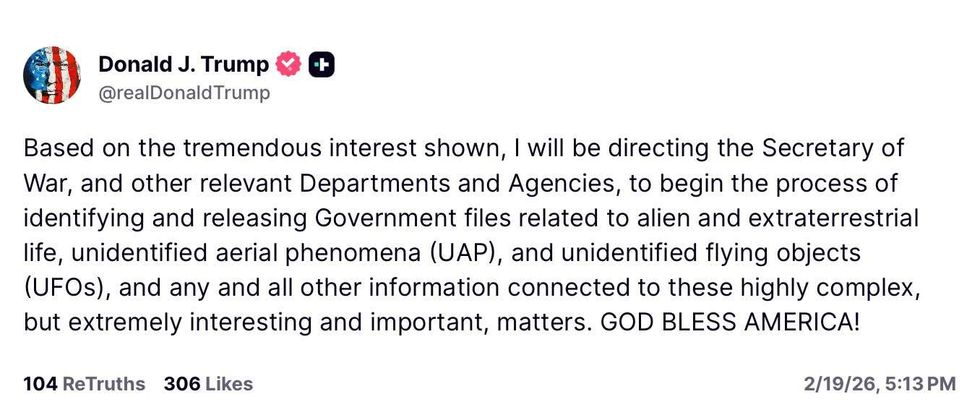 @realDonaldTrump/Truth Social
@realDonaldTrump/Truth Social

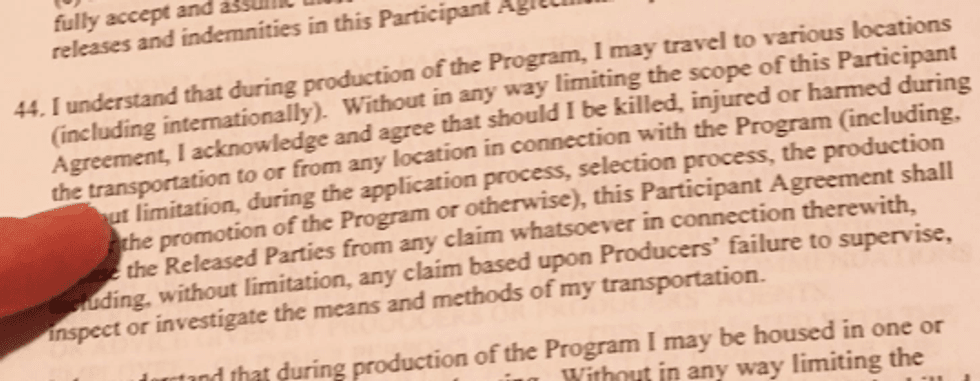 @gutterutterart/Instagram
@gutterutterart/Instagram @gutterutterart/Instagram
@gutterutterart/Instagram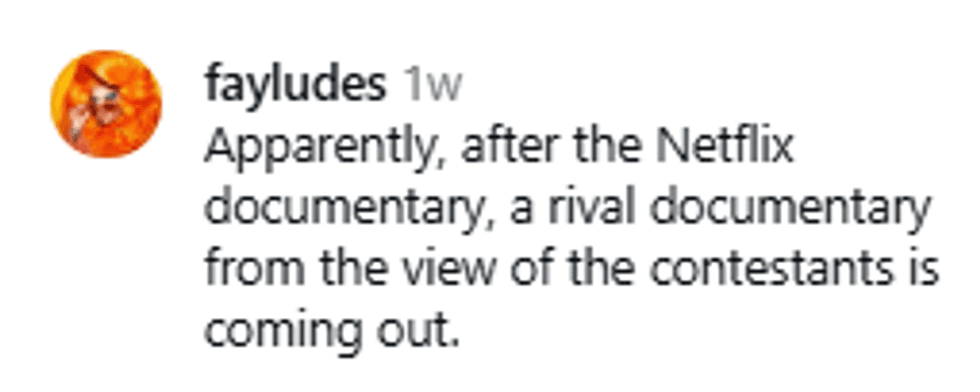 @gutterutterart/Instagram
@gutterutterart/Instagram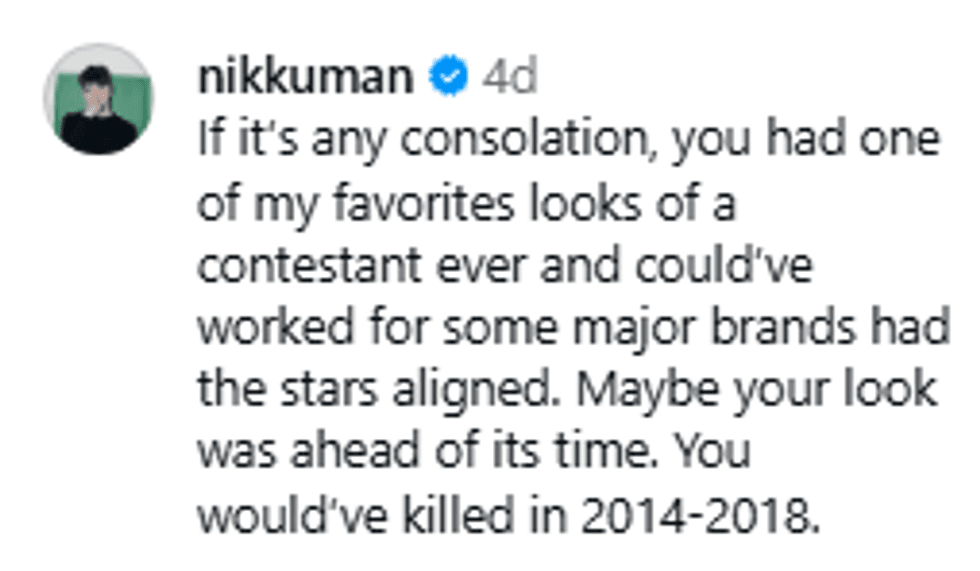 @gutterutterart/Instagram
@gutterutterart/Instagram @gutterutterart/Instagram
@gutterutterart/Instagram @gutterutterart/Instagram
@gutterutterart/Instagram @gutterutterart/Instagram
@gutterutterart/Instagram @gutterutterart/Instagram
@gutterutterart/Instagram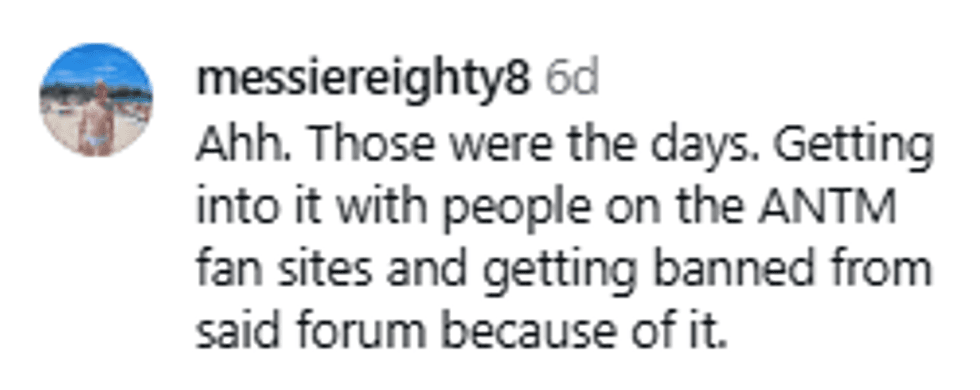 @gutterutterart/Instagram
@gutterutterart/Instagram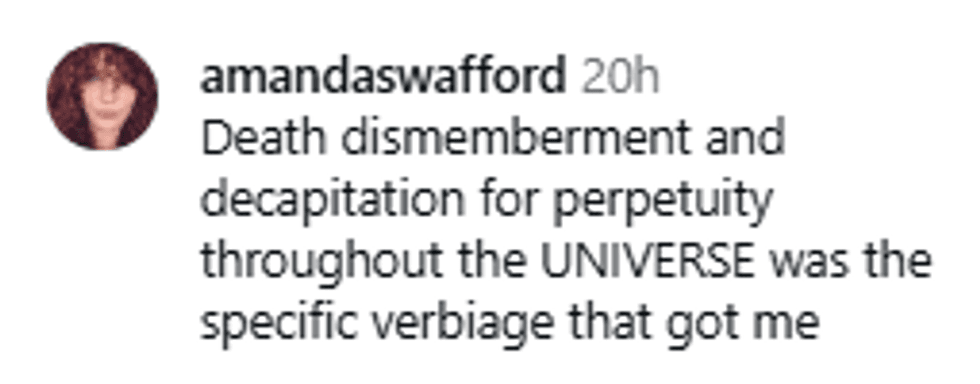 @gutterutterart/Instagram
@gutterutterart/Instagram @gutterutterart/Instagram
@gutterutterart/Instagram